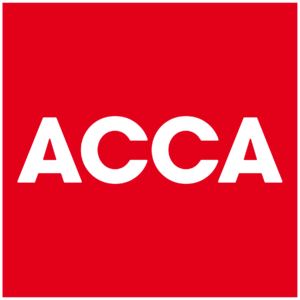Latest Industry News
Research published by the Prompt Payment Directory has suggested that many small business owners are ‘struggling financially’ as a consequence of late payments, with 23% of businesses facing bankruptcy or liquidation as a result of such payments. Here, we take a look at some strategies small firms can utilise in order to help them to get paid on time.
Seeking the Small Business Commissioner’s help
In October 2017, the first Small Business Commissioner, Paul Uppal, was appointed by the government. The Commissioner seeks to ‘empower small businesses in the UK’ and help to ‘drive a change in payment practices’.
Mr Uppal is tasked with helping to resolve payment disputes between small businesses and larger companies.
Businesses struggling with late payments are able to access the Small Business Commissioner’s website, which provides information on dealing with an unpaid invoice.
Utilising the Prompt Payment Code
The Prompt Payment Code (PPC) is an initiative administered by the Chartered Institute of Credit Management on behalf of the Department for Business, Energy and Industrial Strategy (BEIS). It sets minimum standards for payment practices, and monitors and enforces these rigorously. The PPC requires its signatories to commit to pay their invoices within a maximum of 60 days, and to work towards adopting 30 days as the norm.
Signatories of the PPC undertake to pay their suppliers on time within the terms of the contract, and without attempting to change these terms retrospectively. They also commit to giving ‘clear guidance’ to suppliers in regard to their payment procedures, and encouraging good practice.
During the 2018 Spring Statement, Chancellor Philip Hammond announced that a government Call for Evidence would be launched to gather information on the ways in which unfair payment practices can be eliminated. The government intends to collect views on measures such as the PPC, and consider how these can be enhanced to help tackle the issue of late payments.
Performance reporting for large businesses
Under the Small Business, Enterprise and Employment Act 2015, the largest businesses and limited liability partnerships (those with more than 250 employees or £36 million in annual turnover) in the UK are required to report on their payment practices and performance on a half-yearly basis.
Businesses must report the standard length of time for payment of invoices, the maximum contractual payment period and any changes to the standard payment terms within the reporting period. In addition, statistics on the length of time taken to make payments must also be reported, alongside the percentage of payments made in 30 days or fewer.
The data must be submitted to the government via an online service that it provides, and is made available to the general public.
Non-compliance with the payment reporting requirements is a criminal offence, and those who fail to comply will be subject to prosecution.
As your accountants, we can supply you with tailored advice in regard to improving your cashflow. For more information, simply contact us.
For tailored advice on how to best manage your personal and business finances, get in touch with us today and find out about how CBHC can help you do more with your money.








